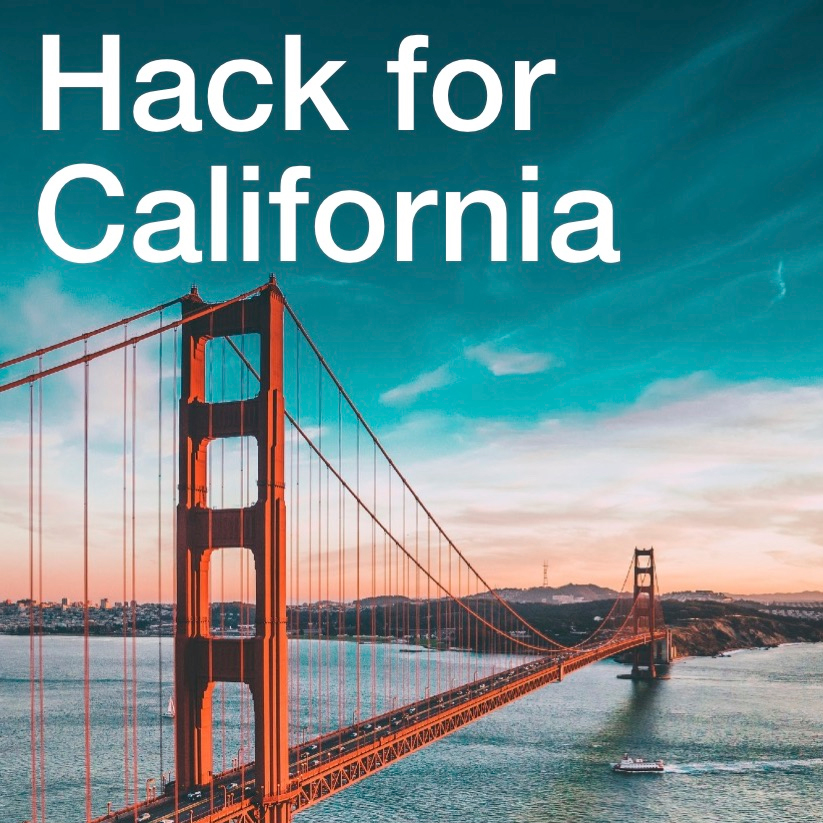Our Researcher Spotlight Series profiles DataLab affiliated faculty, staff, graduate students and postdoctoral scholars across disciplines to demonstrate the diversity of our community and highlight their amazing work.

Chen-Nee Chuah’s research interests have evolved during her twenty-year career at UC Davis, but one thing remains the same: she’s interested in data-driven, living systems and the people that use them. As with her hobbies—art, music, cooking, and spending time outdoors and with family and friends—she dabbles in many subjects and uses a wide array of tools and methods for her various projects on computer networks, mobile traffic, and smart health.
During her PhD and the early convergence of internet voice, video, and data services, Chen-Nee trained in computer networks and distributed systems. She arrived at Davis in 2001, but immediately took a leave of absence to work as a visiting researcher at SprintLab in Burlingame, California, which was her first venture into data science. “We had to work with operators to figure out how to collect this enormous amount of data from the network to understand demand and [engineer] routing and traffic,” she explains. “We also analyzed it [to] look at how we design more resilient routing algorithms…The network provider wanted to know all these things so that they could do a better job at capacity planning and designing defense security, mechanisms, and traffic engineering.”
Over the years, I have applied…data-driven analysis from end to end, from collecting data to analyzing it, to actually transferring it to data-driven control, or designing some kind of optimal control of the whole pipeline.
Over time, Chen-Nee adapted her career to developing technologies and platforms, working with a PhD student of hers to collect data from Facebook applications when it opened its AR platform for third party development and analyze how user interaction graphs evolve over time on social network platforms. Her team also collaborated with cellular providers to detect the trends of malicious mobile traffic patterns and detection mechanisms with the development of smartphone technologies. “Over the years, I have applied this data-driven analysis from end to end, from collecting data to analyzing it, to actually transferring it to data-driven control, or designing some kind of optimal control of the whole pipeline,” she says. “I have applied this to computer networks like IP backbone, wireless cellular networks, but I also apply it to all of my social network platforms and intelligent transportation networks.”
Now, Chen-Nee works primarily on smart health technologies, enabling smart health services to translate data and train intelligent algorithms to assist clinicians in making earlier and more accurate diagnoses and help them determine the best ways to manage treatment and prognosis. Given her interest in data science research, she had participated in some seminars, given talks, and served on panels at DataLab events, and she has extended this partnership through continued collaborations with UC Davis Health (UCDH). She began working with UCDH’s Dr. Jason Adams, beginning in 2016, and together they obtained numerous grants to apply signal processing and machine learning techniques to waveform data from ICU ventilators. Their goal is to determine “whether or not a setting is appropriate for the patient;” they log the continuous data stream over 24 hours, which enables them to “detect acute lung distress syndrome earlier.” And right now, she’s working with Dr. Heather Siefkes in pediatrics to use pulse oximeter waveforms collected from sensors attached to infants’ hands and feet to detect heart disease. If heart defects aren’t “detected early enough and [doctors] discharge babies to go home, you miss the critical moment for treatment,” so the pulse oximeter waveform data is critically important to saving lives.
It’s Chen-Nee’s collaborations with her PhD students and postdocs, as well as UCDH and DataLab partners, that help her keep her research momentum. This has been especially true during the pandemic. “They’re the ones who really keep me going. They’re just excellent. And they inspire me,” she says.
To learn more about Chen-Nee’s lab, RUbiNet, click here.




